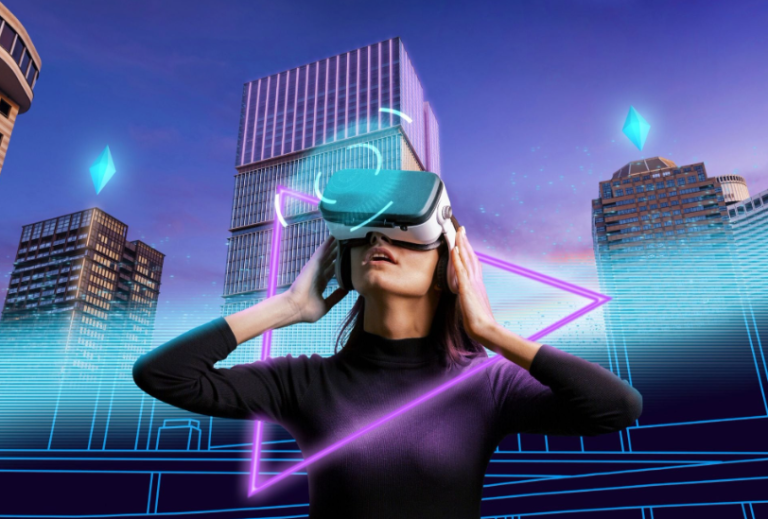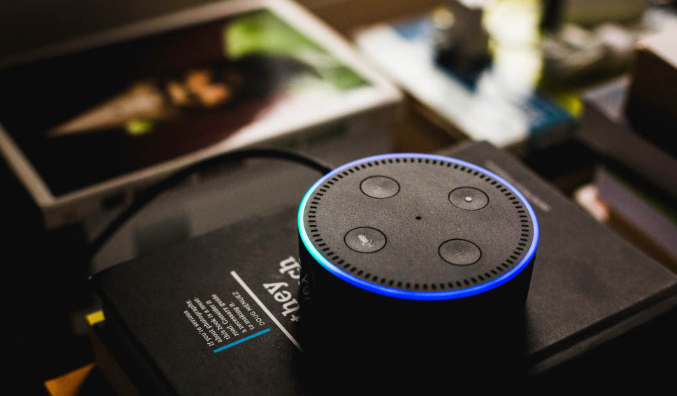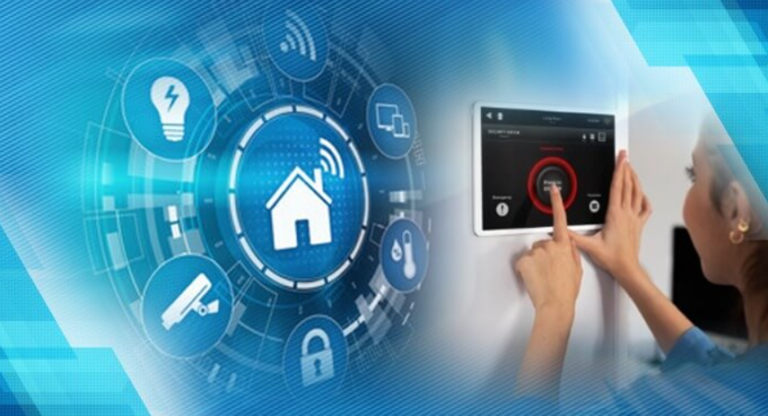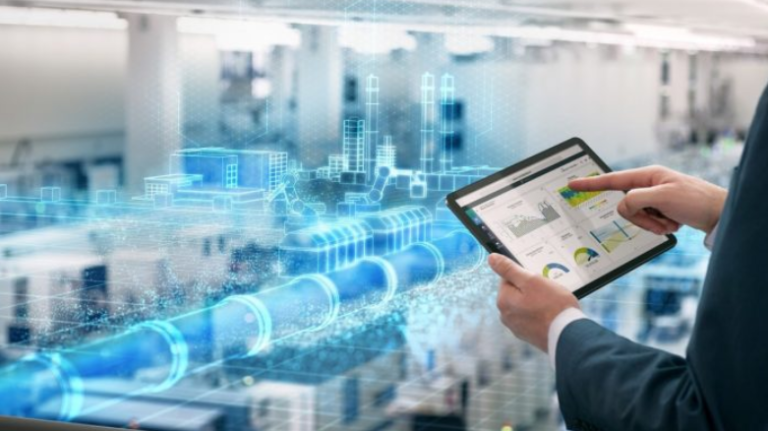How Artificial Intelligence is Changing Everyday Life
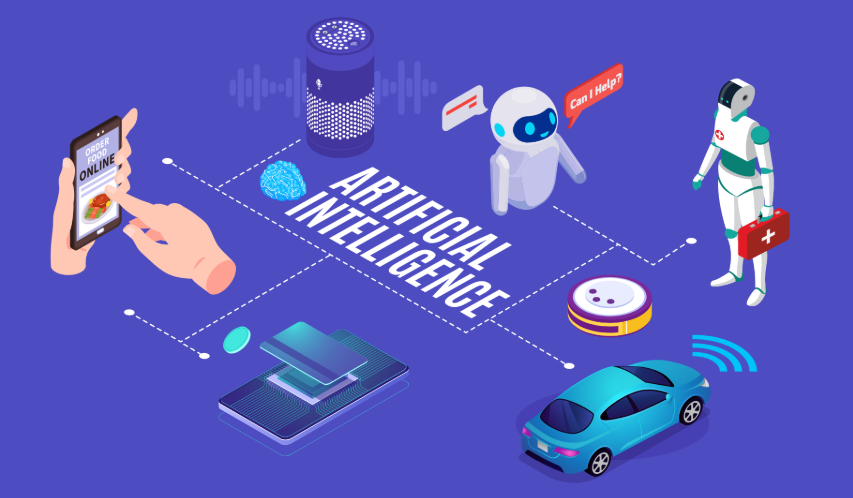
Artificial Intelligence (AI) is no longer a concept confined to science fiction or specialized tech labs. It is rapidly transforming how we live, work, and interact every day. From the moment we wake up to when we go to sleep, AI touches countless aspects of our daily routines, often in ways we don’t even realize. This article explores how Artificial Intelligence is changing everyday life, revolutionizing industries, and reshaping our future.
Introduction to Artificial Intelligence in Daily Life
Artificial Intelligence refers to the simulation of human intelligence processes by machines, particularly computer systems. These processes include learning, reasoning, problem-solving, perception, and language understanding. AI has evolved tremendously since its inception in the 1950s, moving from simple rule-based systems to sophisticated algorithms that can learn and adapt independently.
Today, AI powers technologies that improve convenience, efficiency, and personalization in daily activities, marking a significant shift in how humans interact with technology and the world around them.
See also: javaobjectsnet
AI in Communication and Social Interaction
One of the most visible ways AI changes everyday life is through communication. Virtual assistants like Siri, Alexa, and Google Assistant use AI to interpret voice commands and perform tasks such as setting reminders, playing music, or answering questions. These assistants have become personal helpers accessible at home, in cars, and on mobile devices.
Additionally, AI-powered chatbots are transforming customer service by providing instant responses 24/7, improving user experience without the need for human operators. AI also plays a key role in language translation apps, breaking down barriers and enabling real-time multilingual communication, thus fostering global connectivity.
AI in Healthcare and Wellness
Healthcare is witnessing a profound transformation through AI. Advanced diagnostic tools analyze medical images with high accuracy, often detecting diseases earlier than traditional methods. AI-driven personalized medicine tailors treatments based on a patient’s genetic makeup, lifestyle, and health history.
Wearable devices equipped with AI monitor vital signs, track physical activity, and even predict potential health issues, encouraging proactive health management. These innovations not only improve patient outcomes but also reduce healthcare costs and increase accessibility.
AI in Home Automation and Smart Living
The modern home is increasingly becoming “smart” thanks to AI and the Internet of Things (IoT). Smart thermostats learn residents’ habits to optimize energy usage, saving money and reducing environmental impact. AI-powered security systems enhance safety with facial recognition and anomaly detection.
Smart appliances, from refrigerators to lighting systems, offer convenience by automating routine tasks and responding to voice commands, creating a seamless and efficient living environment.
AI Transforming Transportation
Transportation is another sector deeply influenced by AI. Autonomous vehicles promise to reduce accidents caused by human error, improve traffic flow, and provide mobility for people unable to drive. Ride-sharing platforms use AI algorithms to match drivers with passengers efficiently and determine optimal routes.
Moreover, AI helps cities manage traffic congestion by analyzing patterns and adjusting signals dynamically, leading to smoother commutes and lower emissions.
AI in Education and Learning
Education benefits from AI’s ability to personalize learning experiences. Adaptive learning platforms adjust content and pace to suit individual students’ needs, making education more inclusive and effective. AI tutors provide immediate feedback, helping learners understand complex subjects better.
Virtual classrooms powered by AI facilitate remote learning and bring together students and teachers from across the globe, expanding access to quality education.
AI in Entertainment and Media
Entertainment has become more engaging and tailored with AI. Streaming services use AI to analyze user preferences and recommend movies, shows, or music, enhancing user satisfaction. In gaming, AI creates more intelligent and responsive non-player characters (NPCs) and adapts gameplay to individual skill levels.
Virtual and augmented reality experiences are enriched by AI, creating immersive worlds that respond realistically to user actions.
AI in Retail and Shopping
Retailers use AI to personalize shopping experiences by analyzing browsing history and purchase patterns to suggest relevant products. AI also optimizes supply chain operations, managing inventory and predicting demand to avoid shortages or excess stock.
Online stores employ AI chatbots for instant customer support, improving satisfaction and boosting sales.
AI in Finance and Banking
Financial institutions leverage AI to detect fraudulent transactions by recognizing unusual patterns quickly, enhancing security. AI-powered robo-advisors help investors make informed decisions by analyzing market trends and individual risk profiles.
Automated customer service and credit scoring streamline banking operations, making services faster and more accessible.
AI in Work and Productivity
In the workplace, AI automates repetitive tasks like data entry, freeing employees to focus on more strategic activities. AI tools assist project management by tracking progress, suggesting improvements, and facilitating collaboration.
Natural language processing (NLP) enables faster document analysis and report generation, boosting overall productivityEthical Considerations and Challenges of AI in Daily Life
Despite its benefits, AI raises important ethical concerns. Privacy is a major issue, as AI systems collect vast amounts of personal data. Ensuring that this data is protected and used responsibly is critical.
There is also the risk of job displacement as automation replaces certain roles, requiring society to rethink workforce training and social safety nets. Transparency, accountability, and fairness in AI decision-making are essential to prevent bias and misuse.
The Future of AI in Everyday Life
The future promises even more advanced AI technologies integrated into daily life. From smarter cities to AI companions that assist in mental health, the possibilities are vast. Emerging fields like explainable AI and AI ethics aim to make AI systems more understandable and trustworthy.
Continued innovation and responsible development will shape how AI evolves to serve humanity’s best interests.
FAQs about Artificial Intelligence and Daily Life
Q1: What everyday tasks are influenced by AI?
AI influences tasks such as voice commands, personalized shopping, healthcare monitoring, home automation, and travel planning.
Q2: How safe is AI in healthcare?
AI in healthcare is generally safe and highly accurate, but it complements rather than replaces human professionals to ensure safety and empathy.
Q3: Can AI replace human jobs?
AI automates some tasks but also creates new roles. Reskilling and adaptation are key to managing this transition.
Q4: How does AI improve communication?
AI enables real-time translations, voice recognition, and virtual assistants, making communication faster and more accessible.
Q5: What are smart homes?
Smart homes use AI and connected devices to automate lighting, heating, security, and appliances for convenience and energy efficiency.
Q6: How does AI affect privacy?
AI systems collect data to function effectively, raising privacy concerns. Regulations and ethical AI design aim to protect users’ information.
Conclusion: Embracing AI for a Better Future
Artificial Intelligence is undeniably reshaping everyday life, bringing convenience, efficiency, and new possibilities. While challenges exist, embracing AI responsibly offers immense potential to enhance well-being and productivity. As AI continues to evolve, it is crucial to foster transparency, fairness, and ethical use, ensuring that the benefits of AI technology are shared widely and wisely.
